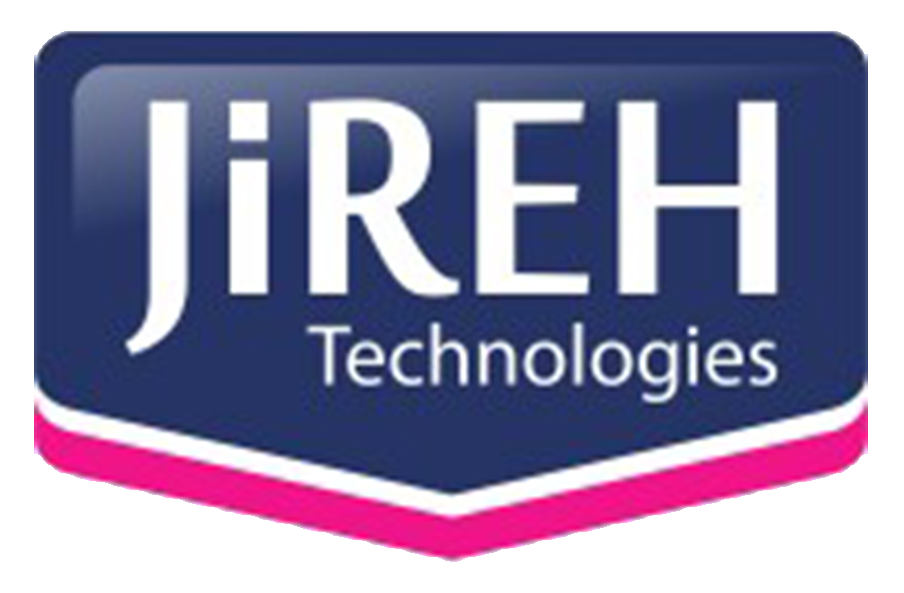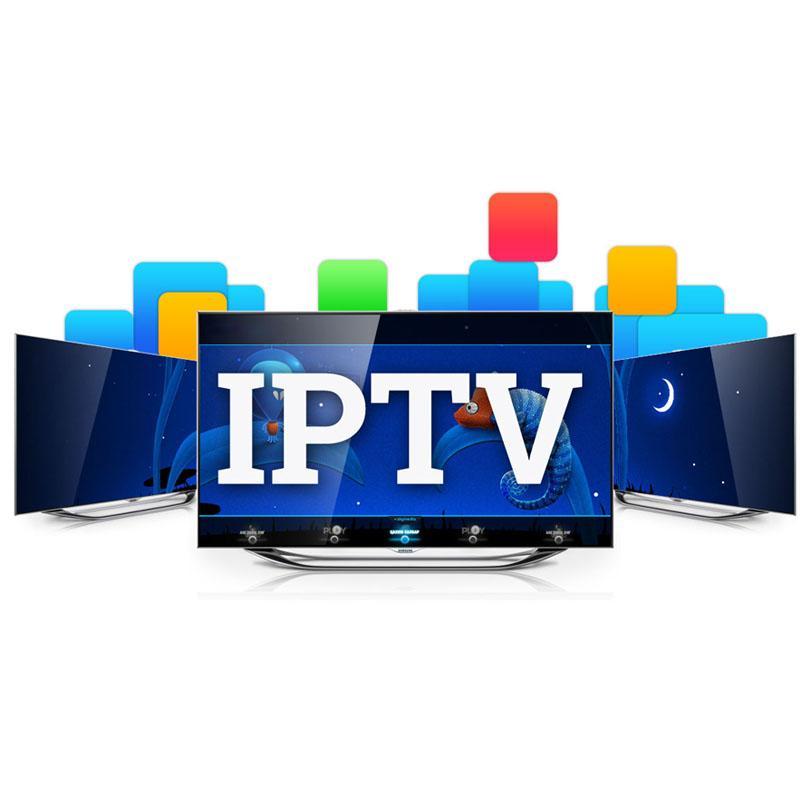IPTV is an acronym for Internet Protocol Television, which signifies the transmission of digital television signals using the internet protocol. With the conventional satellite or cable tv, the signal is transmitted by the service provider via satellite or cables, but with IPTV, the signal is streamed through a broad band connection (internet with high speed access) to a smart Tv, computer, mobile phone or set-top-box (STB). Content from satellite or cable tv is broadcasted in real-time, and if a recording device is unavailable, viewers miss their favorite tv programs with no option to catch-up. IPTV possess features to store programs, and viewers can demand these contents at their convenience. This increases the options for viewers as they can access live tv, video on demand (VOD), or playback recorded tv programs; thereby affording them the comfort of deciding what to watch at any given time.
How it Works
There are 3 primary services of IPTV, namely: Live IPTV, Time-Shifted Media, and Video-on-Demand (VOD).
Live IPTV: These are live transmissions, similar to traditional satellite or cable tv were viewers can watch content live at specific viewing times. The transmission protocol used for this service is Internet Group Management Protocol (IGMP).
Time-Shifted Media: This service enables features like pausing, rewinding or recording live tv. It provides a dynamic way of viewing shows with an option to store preferred tv shows for future viewing. This service introduces extra features like “Catch-up”, were viewers can access already aired shows.
Video-on-Demand (VoD): Video on Demand is the service that enables viewers to demand video or audio content at their convenience. The difference between this service and others is that viewers can browse video and audio content from a program library, and select the content they want to access even if it’s not an aired show on live Tv. Customers may be requested to either pay for the content, pay-per-view, or subscribe so to be updated with more content periodically on platforms such as YouTube.
Benefits Of IPTV IPTV is fast gaining popularity and is also retiring the satellite and cable tv. It offers all the unique features of its predecessors, and provides more features that are distinct to IPTV. It’s use of the internet means prospective users do not need to overhaul their current satellite or cable Tv infrastructure to accommodate it. Also, it works well with high speed internet connections used for IP-based services such as voice over IP (VOIP) and session initiation protocol (SIP) technologies. IPTV also delivers a wider range of channels and multimedia contents to choose from, while also linking viewers to online services. It extends compatibility by enabling other authorized IP-enabled devices to access multimedia contents (Bring Your Own Device (BYOD)); while still on the same single subscription. Features like Electronic Program Guide (EPG) and Digital Video Recorder (DVR) enables interactivity, thereby creating a dynamic user experience. These aforementioned features offer more value and user experience, at lesser cost when compared to broadcast Tv thereby making the IPTV appealing to businesses especially in the hospitality sector like hotels, holiday resorts, and entertainment centers.



